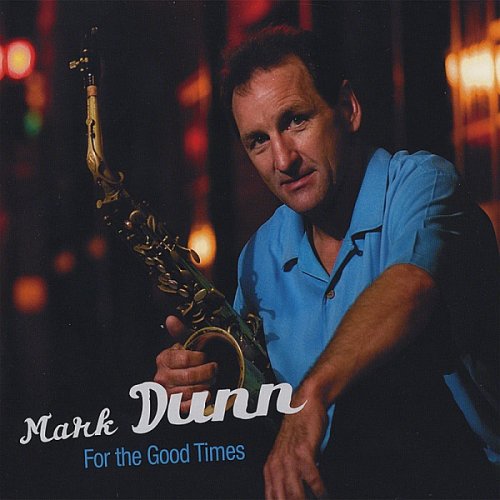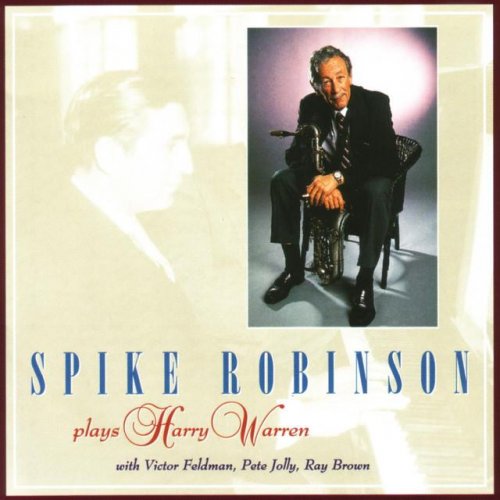Andreas Fröhlich, Belcanto Strings - Herzogenberg: Chamber Works (2CD) (2008)
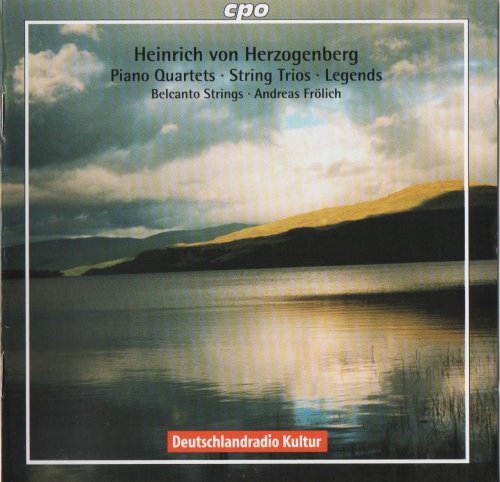
Artist: Andreas Fröhlich, Belcanto Strings
Title: Herzogenberg: Chamber Works
Year Of Release: 2008
Label: CPO
Genre: Classical
Quality: FLAC (image+.cue,log,scans)
Total Time: 125:33
Total Size: 624 Mb
WebSite: Album Preview
Tracklist: Title: Herzogenberg: Chamber Works
Year Of Release: 2008
Label: CPO
Genre: Classical
Quality: FLAC (image+.cue,log,scans)
Total Time: 125:33
Total Size: 624 Mb
WebSite: Album Preview
CD 1:
01. Andreas Fröhlich / Piano Quartet in E minor, Op. 75- Allegro ma non troppo [0:10:28.05]
02. Andreas Fröhlich / Piano Quartet in E minor, Op. 75- Andante quasi Allegretto [0:06:04.40]
03. Andreas Fröhlich / Piano Quartet in E minor, Op. 75- Vivace [0:03:22.25]
04. Andreas Fröhlich / Piano Quartet in E minor, Op. 75- Moderato [0:07:55.05]
05. Andreas Fröhlich / String Trio in A minor, Op. 27-1- Allegro [0:09:48.72]
06. Andreas Fröhlich / String Trio in A minor, Op. 27-1- Andante [0:06:05.70]
07. Andreas Fröhlich / String Trio in A minor, Op. 27-1- Allegretto [0:06:16.65]
08. Andreas Fröhlich / String Trio in A minor, Op. 27-1- Allegro [0:07:18.58]
CD 2:
01. Andreas Fröhlich / Piano Quartet in B flat major, Op. 95- Allegro [0:07:23.65]
02. Andreas Fröhlich / Piano Quartet in B flat major, Op. 95- Notturno, Adagio ma non troppo [0:10:40.30]
03. Andreas Fröhlich / Piano Quartet in B flat major, Op. 95- Allegro [0:06:21.22]
04. Andreas Fröhlich / Piano Quartet in B flat major, Op. 95- Allegro vivace [0:05:50.05]
05. Belcanto Strings / String Trio in F major, Op. 27-2- Moderato [0:07:21.15]
06. Belcanto Strings / String Trio in F major, Op. 27-2- Andantino [0:05:51.23]
07. Belcanto Strings / String Trio in F major, Op. 27-2- Tempodi Minuetto [0:04:17.45]
08. Belcanto Strings / String Trio in F major, Op. 27-2- Allegro vivace [0:06:11.20]
09. Andreas Fröhlich / Legenden (3) for viola (or cello) & piano, Op. 62- Andantino [0:05:30.00]
10. Andreas Fröhlich / Legenden (3) for viola (or cello) & piano, Op. 62- Moderato [0:04:32.12]
11. Andreas Fröhlich / Legenden (3) for viola (or cello) & piano, Op. 62- Andante [0:04:18.08]
Performers:
Andreas Fröhlich - piano
Belcanto Strings
This is a repackaging in a budget priced twofer of previously released singles, both Read more Legends for cello and piano, received two reviews, one by William Zagorski and another by Martin Anderson, both in 24:4. I’ve little to add to their conclusions.
By now it is well known that Heinrich von Herzogenberg (1843–1900) practically worshipped Brahms. But it wasn’t enough for him to try to imitate the elder composer’s style; he ended up marrying the woman that Brahms had proposed marriage to and then reneged on. Modern psychology might call it a classic case of transference: in marrying Elisabet von Stockhausen, was Herzogenberg subconsciously marrying Brahms, or at least getting as emotionally close to him as possible? Out of deference to Elisabet, Brahms tolerated Herzogenberg’s fawning, remaining as cordial towards him as he could; but if one reads The Herzogenberg Correspondence , edited by Max Kalbeck, it’s telling that Brahms speaks to Herzogenberg in fairly formal and neutral, if not a bit distanced, language, and more often than not addresses his letters to both Herzogenberg and Elisabet as husband and wife rather than to Herzogenberg individually.
Despite the interpersonal dynamics at work in this somewhat odd three-way relationship, Herzogenberg did manage to sustain an independent career of his own. Moving to Leipzig in 1874, he teamed up with Bach scholar Philipp Spitta to establish the Leipzig Bach Verein; and during his 10-year stewardship of the institution he tutored a number of students, one of whom was Ethel Smyth. He declined, however, to tutor Vaughan Williams, advising him instead to study with Max Bruch. Herzogenberg’s own catalog of works is fairly impressive in numbers if not in consistent quality. He wrote eight symphonies, numerous choral works, including a requiem and an oratorio, The Birth of Christ , which has enjoyed some currency, and a great deal of chamber music, of which we have five examples on these discs.
There isn’t much to say beyond what Anderson, Tuttle, and Zagorski already said in their aforementioned reviews. After “a Brahmsian wave washed over him,” Tuttle called the E-Minor Piano Quartet, written in response to Elisabet’s premature death in 1892, “one of the best works Brahms never wrote.” Its dark, brooding, and passionate first movement does indeed echo some of Brahms’s earlier chamber works with piano, but a close listening reveals Herzogenberg’s lesser grasp of formal structure and the tightly knit motivic relationships that inform Brahms’s works.
Zagorski found the B?-Major Piano Quartet almost more Brahmsian than Brahms, opining that not only could Brahms have written it, but that “it would have to be Brahms on a particularly good day.” Anderson seems to have reached the same conclusion, calling the piece “scarcely less engaging than Brahms’s own essays in the genre.” In this I would agree. This was to be Herzogenberg’s last chamber work, and so he had plenty of time and practice to perfect his carbon copying.
In the two string trios, Herzogenberg was on his own turf. Apparently, the medium held no interest for Brahms, who, to the best of my knowledge, wrote nothing for this combination of instruments. The trios are not among Herzogenberg’s earliest works; he was 36 when he wrote them in 1879. As I listened to the first of them in F Major, I tried to relate it to something I’d heard before, something I was familiar with, but a point of reference kept eluding me until I re-read Tuttle’s review. He cited Grieg, pointing to “the third movement’s central fiddle tune.” Perhaps it was just the power of suggestion, but suddenly I did begin to hear certain resemblances to some of Grieg’s orchestral writing for strings.
Legends , alternately for viola or cello and piano, was written in 1888 following a lengthy illness during which Herzogenberg had been bedridden and then only able to venture out in a wheelchair. Dedicated to Joseph Joachim, the work is in three movements, and could easily be taken to be a viola or cello sonata. It’s of an absolutely exquisite beauty, especially its central Moderato movement, and it sounds nothing like Brahms. With its sweeping arpeggios in the piano, it’s more reminiscent of Schumann, and its singing melodiousness calls to mind Saint-Saëns.
Cpo and the Belcanto Strings (Wolfgang Schröder, violin; Daniel Raiskin, viola; and Ramon Jaffé, cello), joined by pianist Andreas Frölich in the piano quartets, currently seem to have a lock on this corner of Herzogenberg’s output. It therefore pleases me to be able to report that they make excellent advocates for Herzogenberg and his music. The playing is technically polished throughout, and performances are sensitive and responsive to these scores’ many felicities and admirable qualities.
For those of you who love Romantic chamber music and have not previously acquired these discs as singles, I would strongly encourage you to add this two-disc set to your collection. -- Jerry Dubins
By now it is well known that Heinrich von Herzogenberg (1843–1900) practically worshipped Brahms. But it wasn’t enough for him to try to imitate the elder composer’s style; he ended up marrying the woman that Brahms had proposed marriage to and then reneged on. Modern psychology might call it a classic case of transference: in marrying Elisabet von Stockhausen, was Herzogenberg subconsciously marrying Brahms, or at least getting as emotionally close to him as possible? Out of deference to Elisabet, Brahms tolerated Herzogenberg’s fawning, remaining as cordial towards him as he could; but if one reads The Herzogenberg Correspondence , edited by Max Kalbeck, it’s telling that Brahms speaks to Herzogenberg in fairly formal and neutral, if not a bit distanced, language, and more often than not addresses his letters to both Herzogenberg and Elisabet as husband and wife rather than to Herzogenberg individually.
Despite the interpersonal dynamics at work in this somewhat odd three-way relationship, Herzogenberg did manage to sustain an independent career of his own. Moving to Leipzig in 1874, he teamed up with Bach scholar Philipp Spitta to establish the Leipzig Bach Verein; and during his 10-year stewardship of the institution he tutored a number of students, one of whom was Ethel Smyth. He declined, however, to tutor Vaughan Williams, advising him instead to study with Max Bruch. Herzogenberg’s own catalog of works is fairly impressive in numbers if not in consistent quality. He wrote eight symphonies, numerous choral works, including a requiem and an oratorio, The Birth of Christ , which has enjoyed some currency, and a great deal of chamber music, of which we have five examples on these discs.
There isn’t much to say beyond what Anderson, Tuttle, and Zagorski already said in their aforementioned reviews. After “a Brahmsian wave washed over him,” Tuttle called the E-Minor Piano Quartet, written in response to Elisabet’s premature death in 1892, “one of the best works Brahms never wrote.” Its dark, brooding, and passionate first movement does indeed echo some of Brahms’s earlier chamber works with piano, but a close listening reveals Herzogenberg’s lesser grasp of formal structure and the tightly knit motivic relationships that inform Brahms’s works.
Zagorski found the B?-Major Piano Quartet almost more Brahmsian than Brahms, opining that not only could Brahms have written it, but that “it would have to be Brahms on a particularly good day.” Anderson seems to have reached the same conclusion, calling the piece “scarcely less engaging than Brahms’s own essays in the genre.” In this I would agree. This was to be Herzogenberg’s last chamber work, and so he had plenty of time and practice to perfect his carbon copying.
In the two string trios, Herzogenberg was on his own turf. Apparently, the medium held no interest for Brahms, who, to the best of my knowledge, wrote nothing for this combination of instruments. The trios are not among Herzogenberg’s earliest works; he was 36 when he wrote them in 1879. As I listened to the first of them in F Major, I tried to relate it to something I’d heard before, something I was familiar with, but a point of reference kept eluding me until I re-read Tuttle’s review. He cited Grieg, pointing to “the third movement’s central fiddle tune.” Perhaps it was just the power of suggestion, but suddenly I did begin to hear certain resemblances to some of Grieg’s orchestral writing for strings.
Legends , alternately for viola or cello and piano, was written in 1888 following a lengthy illness during which Herzogenberg had been bedridden and then only able to venture out in a wheelchair. Dedicated to Joseph Joachim, the work is in three movements, and could easily be taken to be a viola or cello sonata. It’s of an absolutely exquisite beauty, especially its central Moderato movement, and it sounds nothing like Brahms. With its sweeping arpeggios in the piano, it’s more reminiscent of Schumann, and its singing melodiousness calls to mind Saint-Saëns.
Cpo and the Belcanto Strings (Wolfgang Schröder, violin; Daniel Raiskin, viola; and Ramon Jaffé, cello), joined by pianist Andreas Frölich in the piano quartets, currently seem to have a lock on this corner of Herzogenberg’s output. It therefore pleases me to be able to report that they make excellent advocates for Herzogenberg and his music. The playing is technically polished throughout, and performances are sensitive and responsive to these scores’ many felicities and admirable qualities.
For those of you who love Romantic chamber music and have not previously acquired these discs as singles, I would strongly encourage you to add this two-disc set to your collection. -- Jerry Dubins
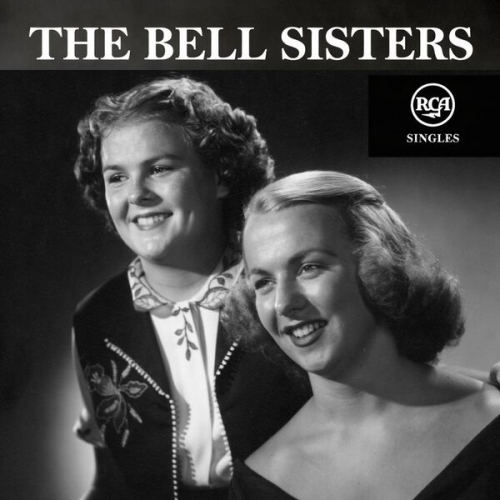
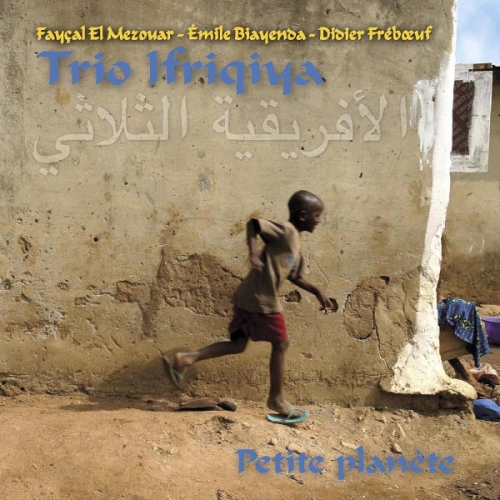
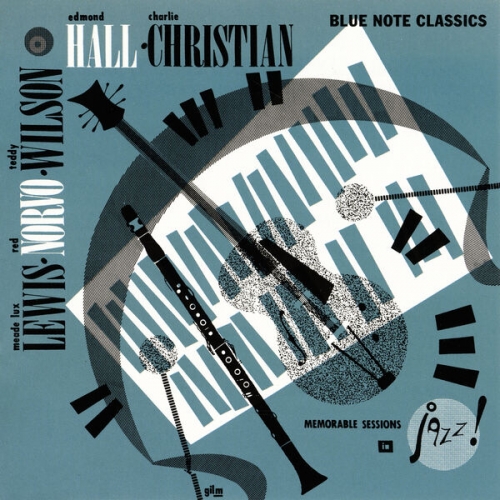
![Booker Stardrum - Close-up On The Outside (2026) [Hi-Res] Booker Stardrum - Close-up On The Outside (2026) [Hi-Res]](https://img.israbox.com/img/2026-02/26/hpg09p4i0w4yrzyjek6j087fv.jpg)

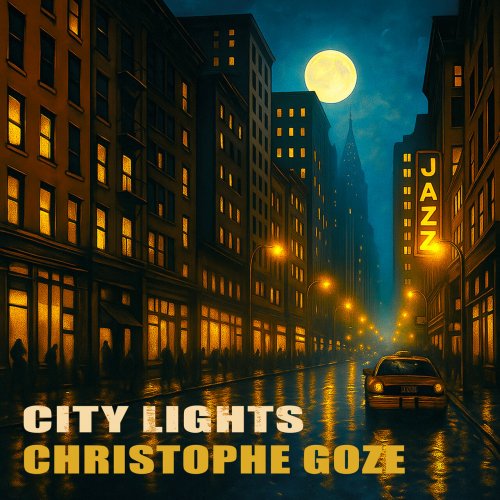
![Jazz at Lincoln Center Orchestra & Wynton Marsalis - We the People (2026) [Hi-Res] Jazz at Lincoln Center Orchestra & Wynton Marsalis - We the People (2026) [Hi-Res]](https://www.dibpic.com/uploads/posts/2026-02/1772178708_cover.jpg)
